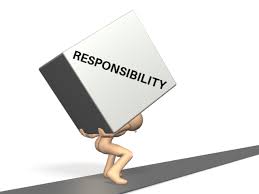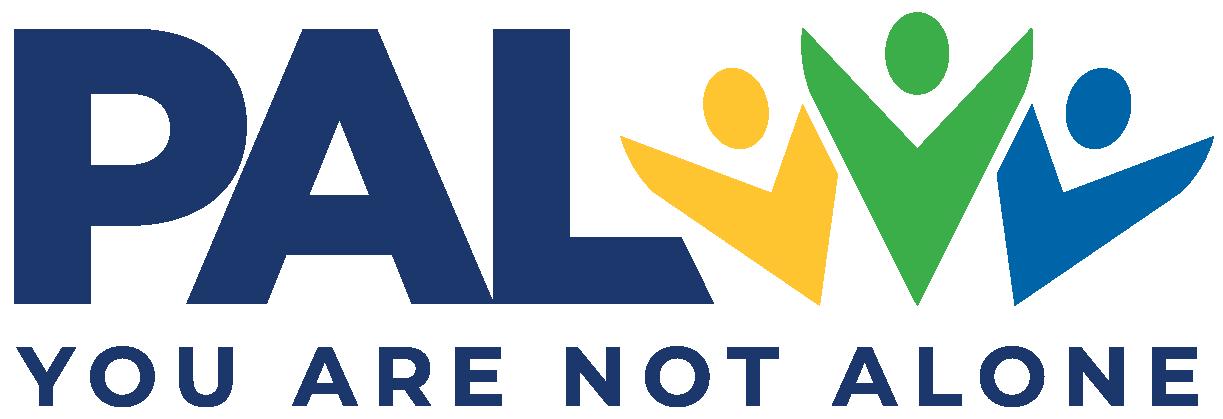
When I started PAL back in 2006, my motivation was to help parents. I was working in a treatment center, and I was seeing a trend of more and more young people coming into treatment and honestly their parents were a mess. That child-parent relationship and the typical parenting skills were not serving them well. Not as a statement of blame but simply as an observation, most of the time, I saw parents’ behaviors as not helping the situation with their loved one that was coming for treatment. I was seeing them desperately trying to get their loved one help but then trying to take responsibility for the outcome and instead of giving them what I felt was the best chance for success, they were falling back to old parenting habits that did not serve them well.
At that point, even if their loved one was getting better, they continued to suffer. They seemed to have lost their ability to focus on themselves, specifically their own health and growth. I like to use the phrase, “it’s time to put down the microscope and pick up the mirror.” The parents and family members that were getting healthier were the ones that embraced this concept. They started to realize that their responsibilities had shifted, and their parenting style needed to change as they were now dealing with an adult child suffering from substance use disorder.
One helpful way to look at this is a model of responsibility. In other words what is my responsibility and what is not. Here is a list of what I see as NOT my responsibility if I am the parent or family member of someone with SUD. This will tell you if your focus is on the microscope.
I am not responsible for:
- Other people’s ideas
- Other people’s actions
- The consequences of other people’s actions
- Other people’s beliefs
- Other people’s mistakes
- Other people’s words
And yet, why do we think we are responsible for all these things? Well, it’s simple really. If you are the parent of a young child, these are your responsibilities. This is how you teach and help your young child learn to live in this world. Legally, you are responsible for their actions and the mistakes they make. If your 5-year-old breaks the neighbor’s window, they don’t expect the 5-year-old to fix it, they expect you to. As parents our instinct is to do this and sadly, we forget that we do have a responsibility as they grow to adulthood and that is to teach them to take responsibility for their own actions.
As an adult you are expected to do this and when they turn 18 the government expects this as well. Much easier said than done but nonetheless important for their growth and it serves as a rite of passage into adulthood. This has nothing to do with how much you love and care for them, your love simply looks different and you in turn are not trying do something that you have no control over. That is why I saw so much pain in the parents – they were trying to control something they could not, the outcome of their loved one’s journey.
Picking up the mirror is so critical. Look at yourself and focus on what is your responsibility.
This is my responsibility: MY words, MY behavior, MY actions, MY efforts, MY mistakes, MY ideas, and the consequences of MY actions.
From my many years of experience, when people accepted this concept, that is when I saw a change that was healthy. That is when I saw parents find joy in their lives. It was a tough journey, but once they focused on their responsibility, their responses were healthier to their loved ones. They were able to look their loved one in the eye and say with conviction, “I believe in you! I believe you have what it takes, and I will love you through this, but I will let you have your own experience.” This freedom is amazing and, yes, I understand that not everyone gets better but the one person you have some control over to get better is You.
God Bless,
Mike Speakman, LISAC, PAL Founder
